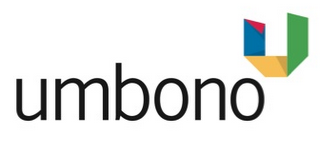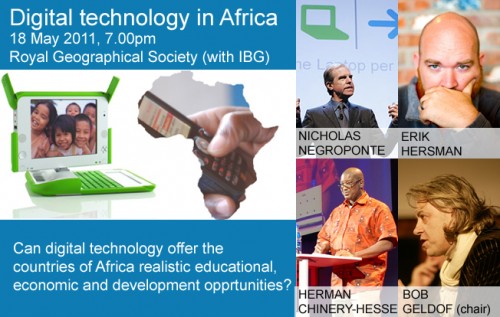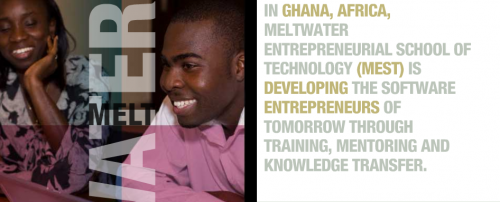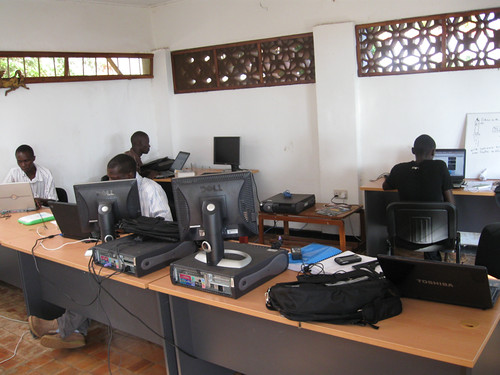Umbono: Google’s South African Incubator
 In Cape Town, Google has initiated a tech incubator that gives 6 months of free space, $25-50k startup funding and access to an extensive mentoring network. The secret sauce here is in the angel & mentor network, who will be providing 50% of all investment money, while Google provides the rest. Johanna Kollar leads this initiative, and tells me they’re looking for at least 5 companies to get behind in this first go at it, though if there are enough exceptional applicants, they might do more. If you’re a registered business in South Africa, then you can participate. (more on the Google Africa blog)
In Cape Town, Google has initiated a tech incubator that gives 6 months of free space, $25-50k startup funding and access to an extensive mentoring network. The secret sauce here is in the angel & mentor network, who will be providing 50% of all investment money, while Google provides the rest. Johanna Kollar leads this initiative, and tells me they’re looking for at least 5 companies to get behind in this first go at it, though if there are enough exceptional applicants, they might do more. If you’re a registered business in South Africa, then you can participate. (more on the Google Africa blog)
The BoBs
Deutsche Welle runs the “Best of Blogs” awards each year, showcasing excellent blogs from all over the world. If you haven’t yet, take a few minutes and vote for your favorites. There are quite a few from North Africa.
21st Century Challenges: Digital Technology in Africa
I’ll be a guest to the Royal Geographic Society in London on May 18th for a discussion on technology in Africa with Nicholas Negroponte, Herman Chinery-Hesse and moderated by Bog Geldof. Our main topic:
“Can digital technology such as laptops and mobile phones offer the countries of Africa realistic economic and educational opportunities?”
If you’re in London, you can get a ticket to the event and join us.
Ushahidi moves
There are over 10,000 deployments of the Ushahidi platform around the world, and as you might imagine, a lot has been happening at Ushahidi, including:
- The launch of Crowdmap Checkins at SXSW, a way to “roll your own Foursquare-type service”. It’s in it’s beta stage, but you can play with it now, as others have already using the Ushahidi Android or iOS apps.
- Some amazing people created a Japan deployment after the earthquake and tsunami there, we helped by getting our SwiftRiver Sweeper app to do real-time translation using Google’s APIs.
- We’ve released some reports on past deployments and are part way through an evaluation by the Harvard Humanitarian Initiative.
One of our volunteer deployers, Anahi Ayala Iacucci, spent a great deal of time and created a 90+ page Ushahidi manual for anyone looking to deploy Ushahidi. Having worked on over 20 deployments of her own, she’s one of the best placed people in the world to do this.
Samsung Seeks to Grow in Africa
Samsung is opening a new Electronics Engineering Academy for youth in Boksburg, South Africa. As Afrinnovator states, they have about 20% of the market, which will only increase as they’ve been smart enough to get behind Android in their devices (currently with 22 models). We’ve felt this presence at the iHub in Nairobi as well, where Samsung has a great interest in reaching out to Android programmers.




